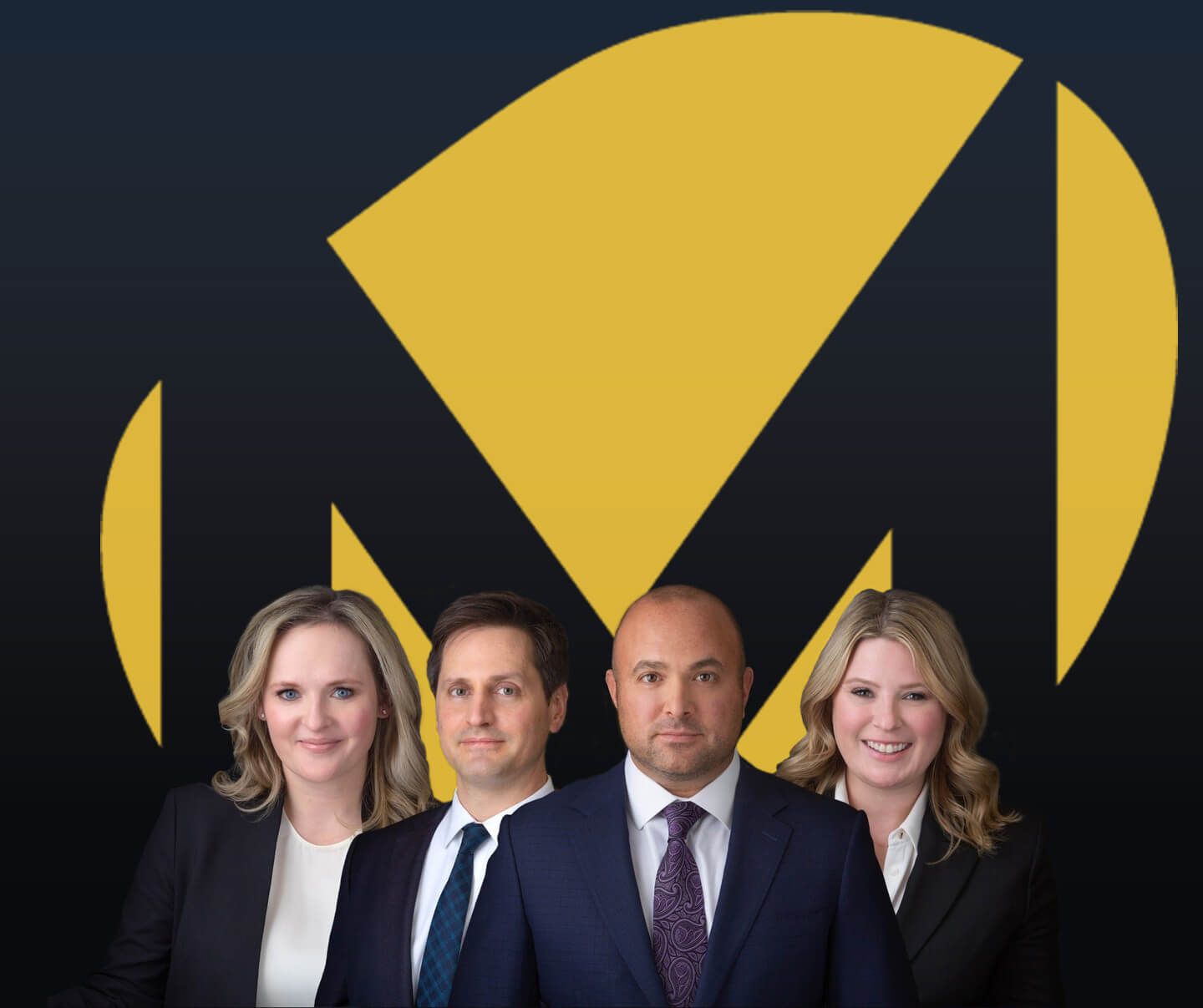From Classroom to Courtroom: The Truth About Practicing Law

Table of Contents

Family Law Practices
Our Office Locations
Downtown Chicago
440 W Randolph Ave, 5th Floor
Chicago, IL 60606
New Clients: 312-288-3057
Highland Park
595 Elm Place Suite 225
Highland Park, IL 60035
New Clients: 312-288-3057
Hinsdale
40 E. Hinsdale Rd. Suite 202
Hinsdale, IL 60521
New Clients: 312-288-3057
Metro Detroit
101 West Big Beaver Rd. Suite 1400 Troy, MI 48084
New Clients: 312-288-3057
Table of Contents
Law School vs. Real Practice
Law school is structured very differently than the real world. In some ways, law school is drastically more flexible than working, and in other ways, it’s much more rigid.
In school, you have the flexibility of selecting courses that hold lectures at times that are convenient for you, studying when you feel your best, and overall scheduling your days at your leisure. In law school I had the ability to pile up my work on certain days to ensure a light workload on days I wanted to take it easy.
Conversely, as an associate, your schedule is dictated by the availability of the courts and of your clients. Our clients usually hold regular 9-5 jobs, and part of serving them is making yourself available when they’re available, not just during the workday. Court dates can be scheduled weeks, if not months, in advance, which doesn’t allow you to take it easy if the day arises and you are not feeling 100%.
However, in the working world, there are a huge multitude of factors beyond your control that necessitate flexibility; opposing counsel issues discovery requests, emergency motions crop up, clients call with an urgent question—you really just never know what your day will bring.
In law school, the inverse is true. Your schedule is pretty much set in stone from the moment you receive the syllabus. There’s never any surprise topics brought up in lecture, and apart from a pop-quiz, you can easily predict what the day will bring.
The spontaneity keeps this job interesting, but after three years of rigid lectures, it’s something I wasn’t prepared for.
Although law school wasn’t great at preparing you for what to expect on a day-to-day basis, it did give me the tools for success in other ways. One example of this is the way law school forces you to stay organized.
Taking 15-17 credit hours per semester comes with a huge volume of reading assignments, exams, and projects. Early on in my law school career, I learned how important it was to stay on top of deadlines and manage my time.
These skills I’ve developed over the last three years prepared me for the reality of associate life: keeping track of deadlines, court appearances, and emails and learning how to best prioritize and keep multiple balls in the air at once. In this job, staying organized is the key to productivity and making sure nothing slips through the cracks.
Classroom vs. Real Life
In law school, you have very limited opportunities to actually interact with clients and gain hands-on experience. Of course, most lawyers clerked at some point or participated in some kind of clinic, so client interactions aren’t totally foreign to us.
However, those interactions are usually guided by a seasoned attorney or professor, and you’re usually prepared in advance about the topics you’ll be expected to talk about. In these situations, you don’t have to rely on quick thinking to get you through because you’ve already done the work in advance.
In the workplace, it’s not uncommon to receive a call from a client out of the blue with no notice of what they’d like to discuss. In that way, thinking on your feet and knowing your cases inside and out is imperative.
Sometimes, even if you think you know what you’re going to discuss, clients will use the opportunity to ask questions that you aren’t prepared to answer in advance of the call.
In school, client interactions can also be entirely simulated, where the professor invites older students to roleplay as a divorcee or an injured party. In these situations, the stakes are low. Worst case scenario, you receive a low grade on an assignment or some embarrassing feedback in front of your classmates.
In the workplace, clients are very much real people, and giving subpar legal advice has real-life consequences, be it financial, reputational, or emotional. The stakes are much higher in real life, and no simulated client experience can ever replicate that.
Practicing Law After Graduation
In law school, I had an expectation of how it would look and feel to be a practicing attorney. I pictured litigating in a grand courtroom and making crafty arguments in front of a judge.
However, I never envisioned what the day-to-day life would be like. Firstly, I learned that the majority of this job isn’t done in a courtroom at all. Most of my days consist of corresponding with clients, reviewing discovery, and drafting. Even when there is a court appearance, there’s a good chance you’ll appear on zoom.
I also learned quickly that being an attorney requires an incredible amount of attention to detail. Law school preaches this as well, but much like client interactions, the stakes are way higher now. In school, bad drafting earned you a bad grade. In the real world, bad drafting has a real impact on your client and on your reputation as an attorney.
There are many ways in which law school gives you the building blocks for thinking like an attorney. You learn extensive case law and the mechanics of drafting a good argument, and you learn how to see problems from different angles and anticipate what your opponent might say.
However, law school paints the law to be far more black-and-white than it is. Whether intentional or not, examining so much case law teaches law school students that there are only two ways to think about any particular issue: the winning side’s position and the losing side’s position.
In reality, lawyering is not so clear cut. Oftentimes, there’s opportunities to explore creative solutions with your clients, and there can be multiple different ways to approach a problem to reach a solution that works for everyone.
Not every case has a “winner” and a “loser”; most times parties can find some common ground before ever reaching that point.

Written By Kara Wolinski
Kara completed her undergraduate studies at Clemson University, earning degrees in both Psychology and Political Science. Although she initially considered becoming a therapist, her interest in law grew after taking a few political science courses. Family law ultimately drew her in because it combines her passions for understanding human behavior and working within the legal system.
After finishing her time at Clemson, Kara returned to her home of Chicago to attend Loyola University Chicago School of Law. At Loyola, she turned her focus toward family law. She externed for Judge Shapiro in the Cook County Domestic Relations Division during her last semester of law school. She also participated in Loyola’s Domestic Violence Practicum where she was tasked with providing legal information and resources to individuals who had orders of protection in place. Driven by her desire to help people through some of the most difficult and emotional experiences of their lives, Kara’s goal is to provide support, listen carefully, and ensure her clients feel heard and understood during challenging times.











